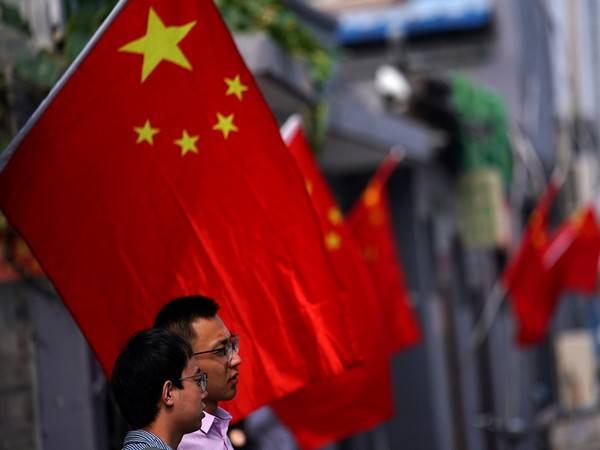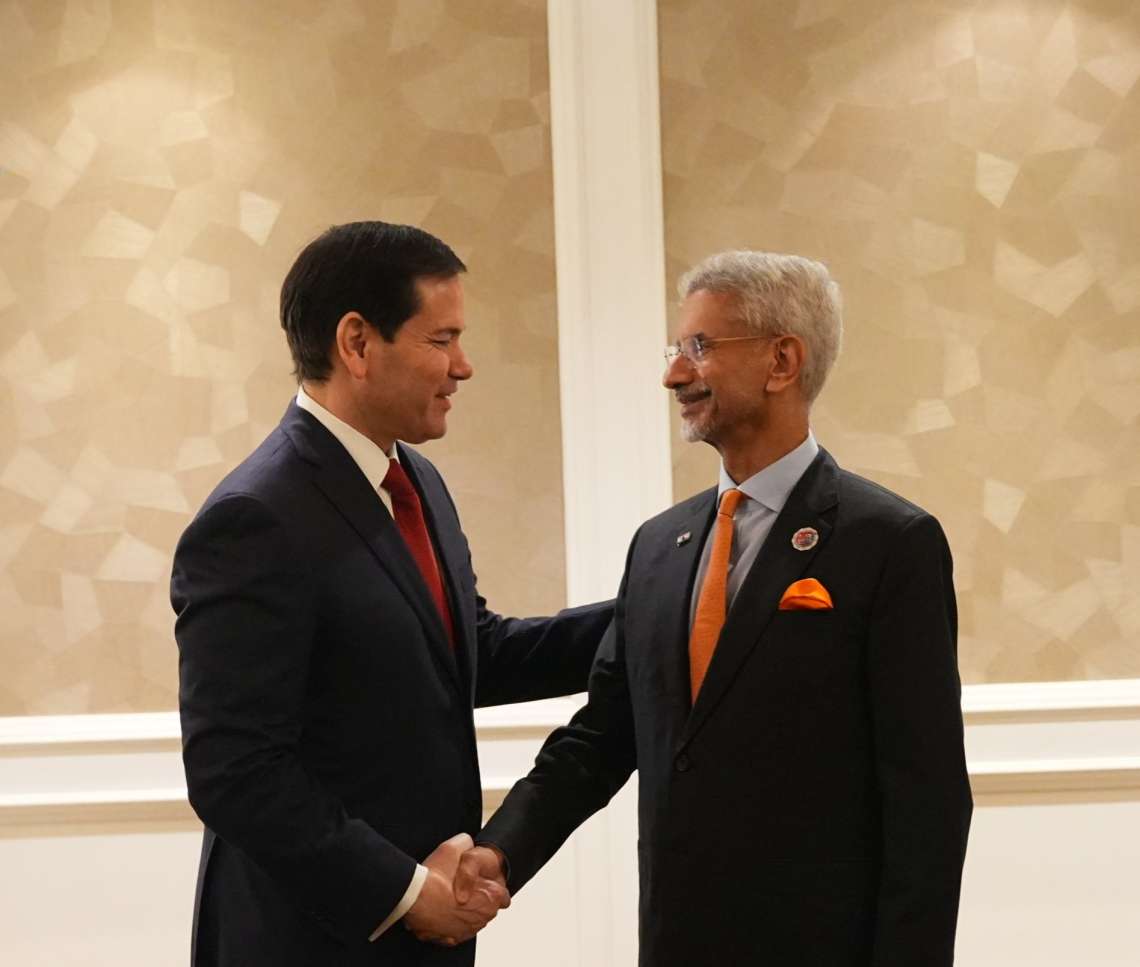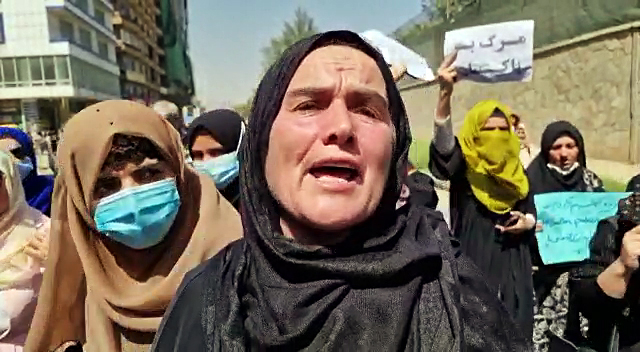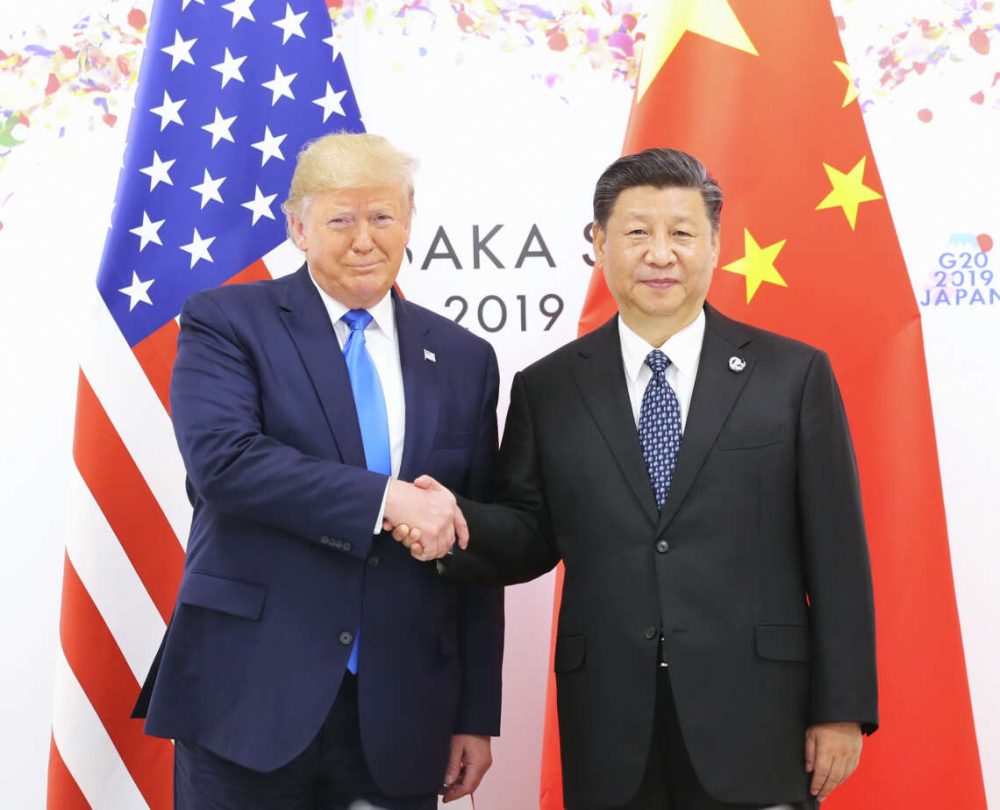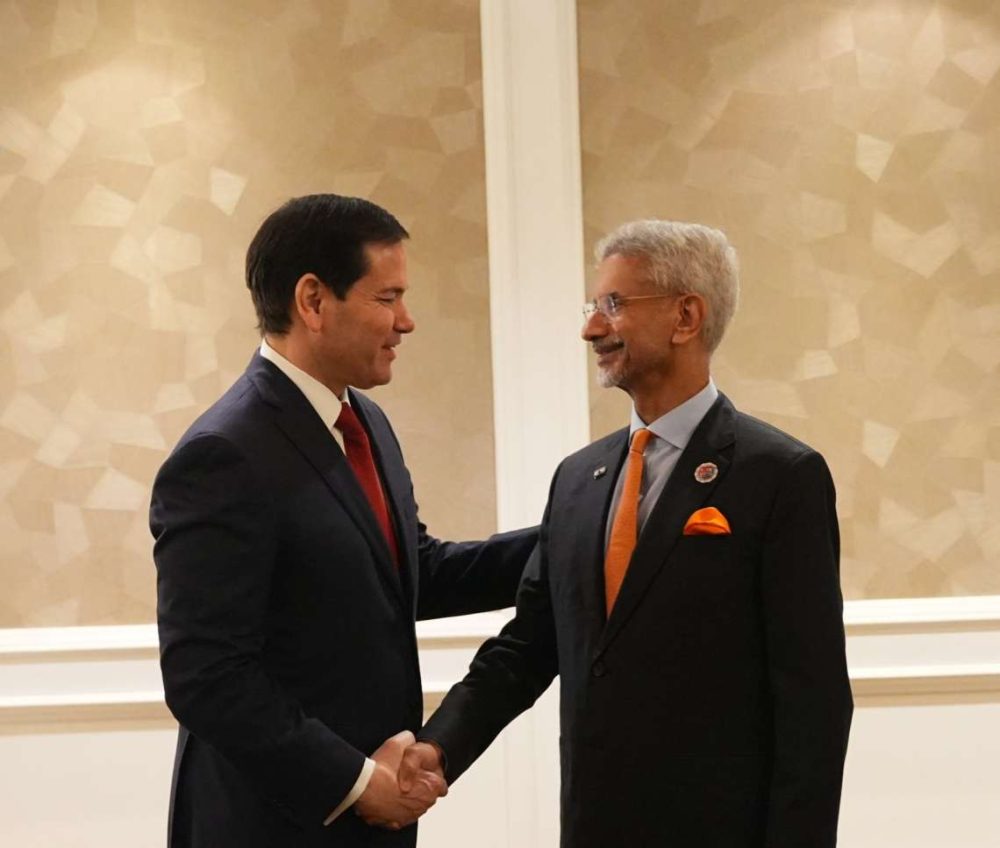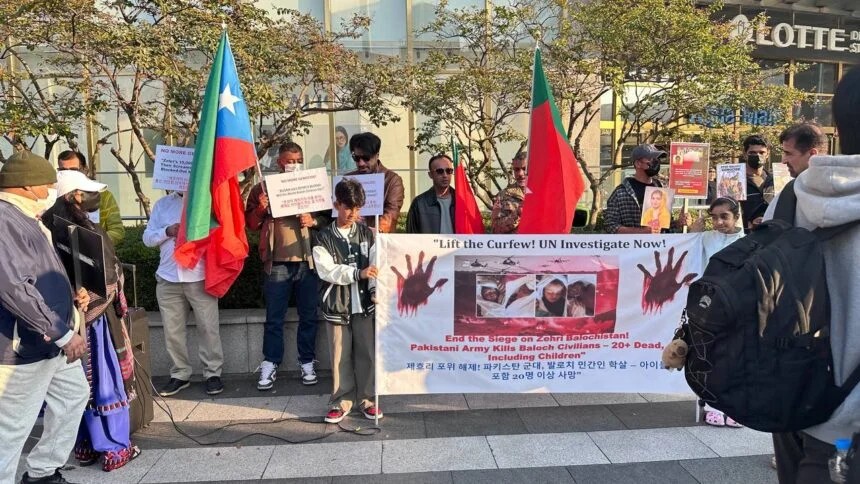Contrary to its actual motives, the CCP claims that this placement of PLA veterans will play a constructive role at the grass root level of governance and help in revitalization by supporting activities related to development…reports Asian Lite News
Ex-servicemen of China’s People’s Liberation Army (PLA) are being planted by the Chinese Communist Party (CCP) in the village committees to strengthen the CCP’s grip on the general public and ensure their utmost loyalty to President Xi Jinping.
Contrary to its actual motives, the CCP claims that this placement of PLA veterans will play a constructive role at the grass root level of governance and help in revitalization by supporting activities related to development. The CCP has also placed several video surveillance infrastructure and checkpoints in Tibet. In addition to this, the CCP has also been nurturing Chinese tech companies by CCP’s Handbook to monitor, censor, and condition public opinion online and they support state-driven agenda to promote absolute control of cyberspace in the country.
It notes that the surveillance tools are utilized to conduct intensive surveillance operations on targeted groups that are presumed to be threats to social stability.
The article ‘State Surveillance: Semocracies and Autocracies’ states that the Chinese Communist Party’s efforts to expand and strengthen its political and economic influence worldwide hail from the proliferation of Chinese surveillance technology and cyber tools and the associated alliances between both state and private Chinese institutions.
“The Chinese Communist Party (CCP) plays a pivotal role in exercising laws that bolster the rigid regulatory environment and strategies to seize power over the cybersecurity of China. Israel on the other hand is a startup nation. The internet, its free access is the basis of innovation and the huge number of unicorns that it prides itself on.”
It said in 1990, the Chinese State Council legitimized the proposal to establish a national information system.
The Golden Shield Project (GSP), popularly known as the “Great Firewall of China,” was introduced as a surveillance initiative launched in 1998, to curate a fully digitized public security sector by using a national surveillance network by exercising control over data management. The project also included a national Closed-Circuit Television (CCTV) network intended to digitize the public sector. The early stages of GSP development relied on American and Canadian-made technology, companies like IBM, Intel, Cisco, and Oracle have provided hardware and software in China’s surveillance network.
The project includes 416 million surveillance cameras around the country that operate on Artificial Intelligence (AI) facial recognition technology. The advancement of GSP also includes development in geolocation technology; a surveillance system that supports tracking of vehicles and people.
In addition to this, Chinese tech companies are legally bound to meet the demands of the country’s security services. China acts in accordance with its policy of cyber sovereignty to demand tech giants like Tencent shut down websites that host content that threatens China’s social and political stability.
Similarly, Weibo, a Chinese social media platform was reprimanded in 2018, allowing the government to censor certain tags and posts to eliminate rumours about China. The CCP tech-enhancement authoritarianism is expanding globally and it intends to shape, manage, and control its operations overseas to eliminate supposed threats against China’s political interests. China utilizes multilateral institutions like the BRICS (Brazil, Russia, India, China, South Africa) and other emerging market groups to promote its surveillance technology. (ANI)


